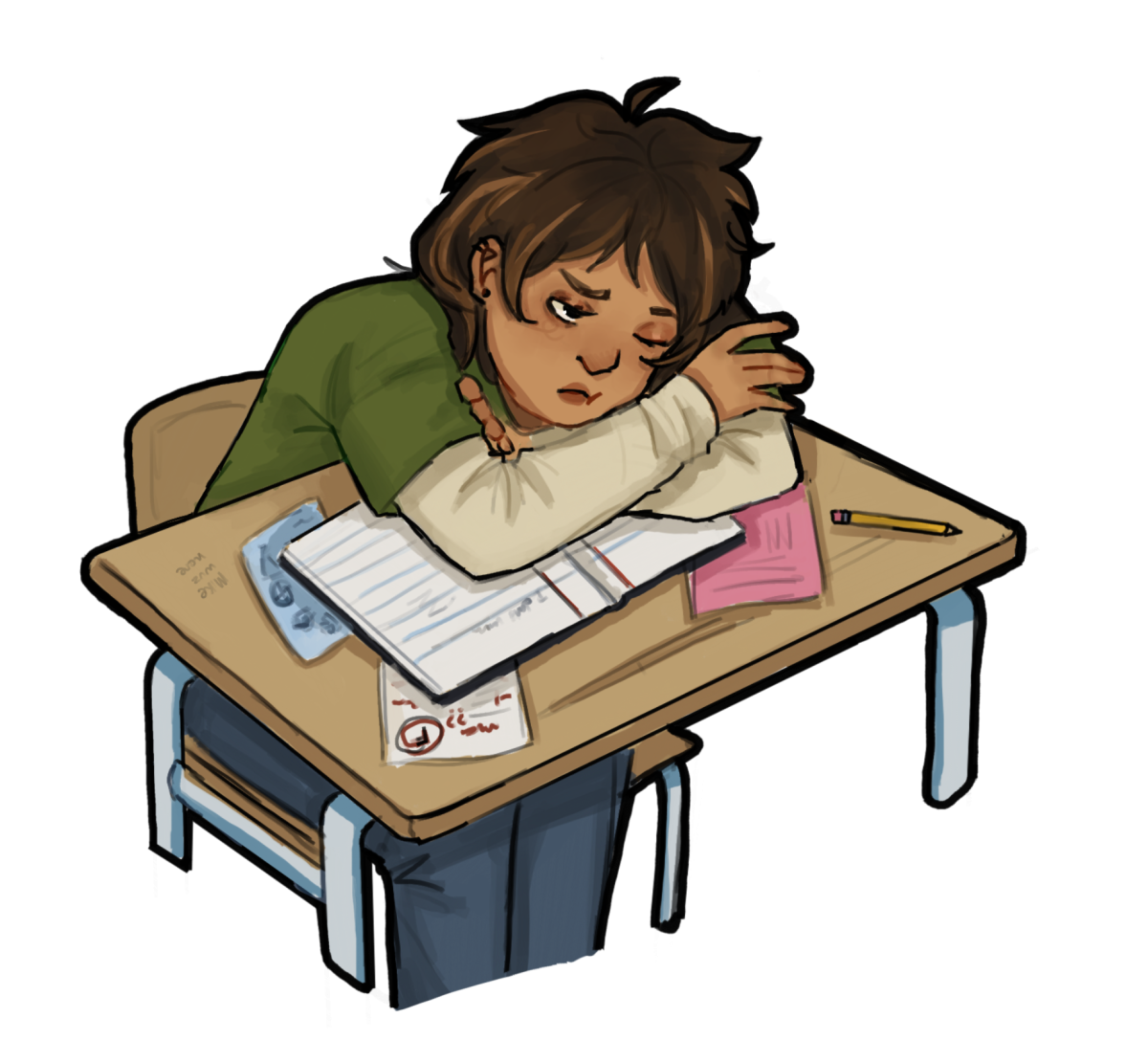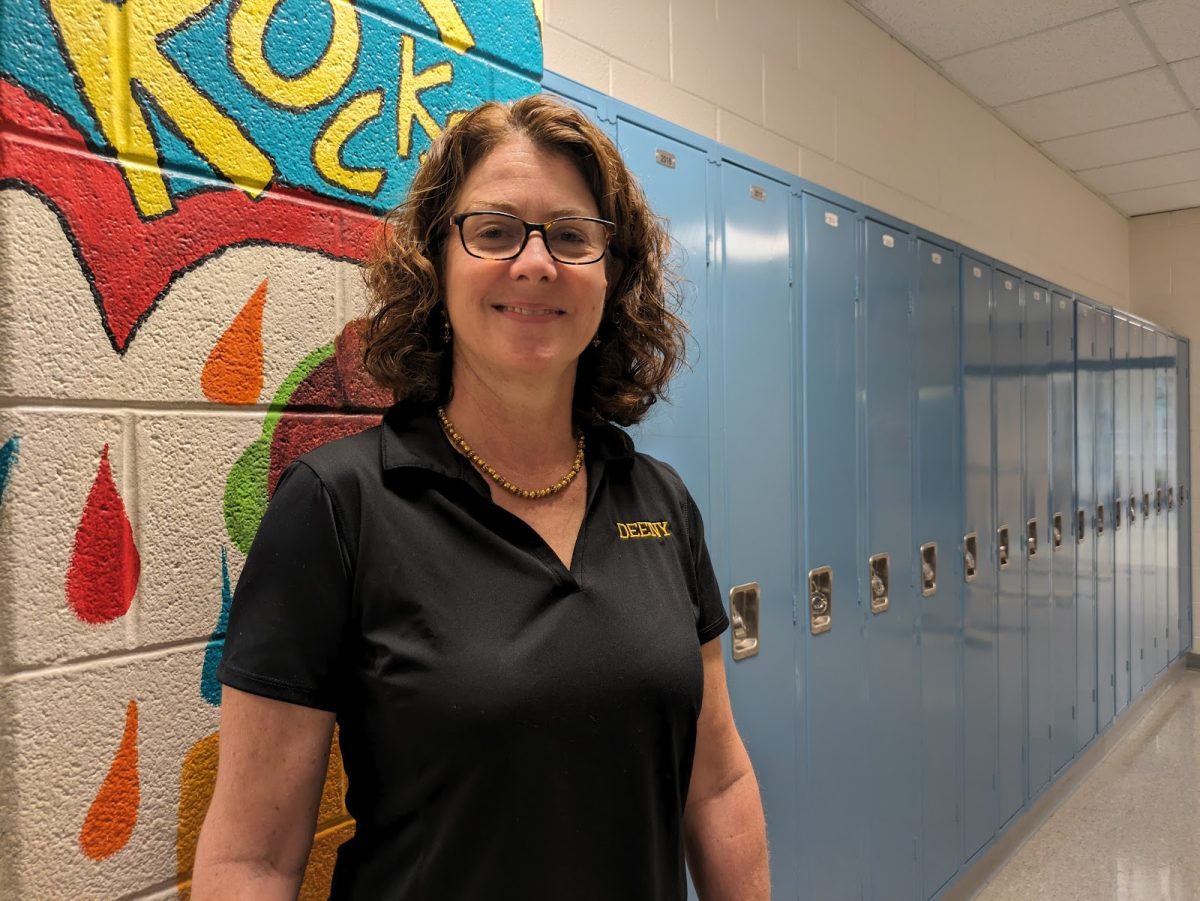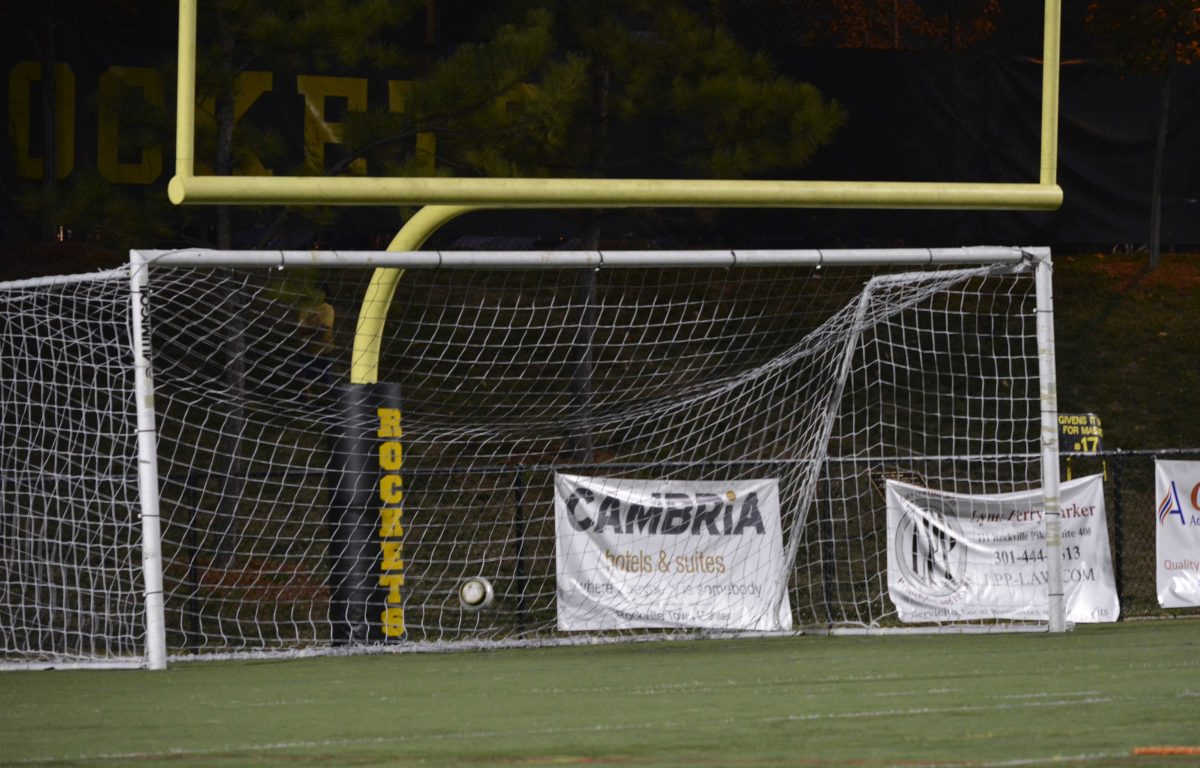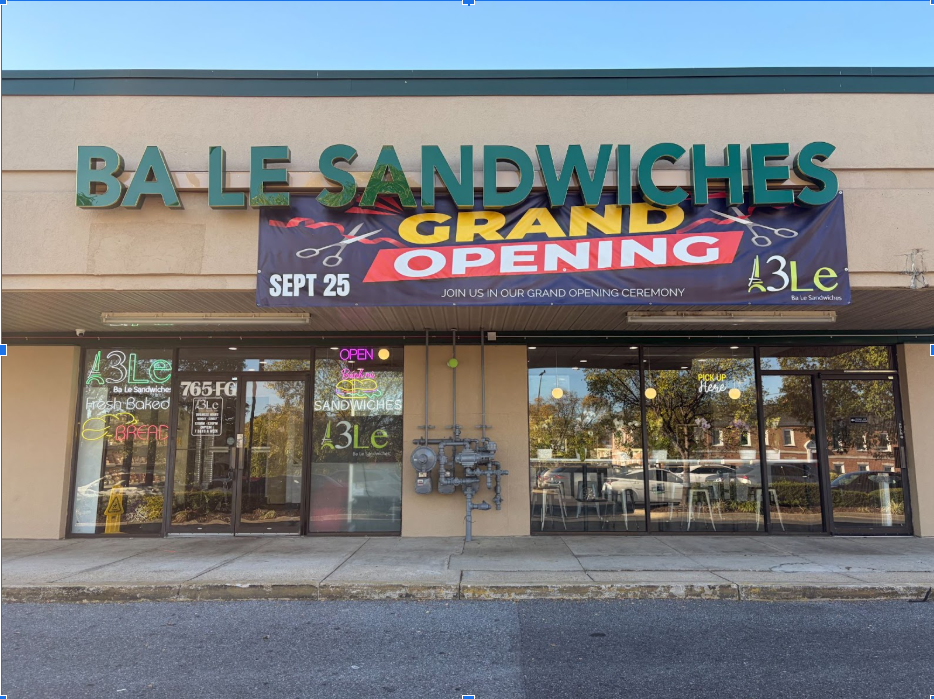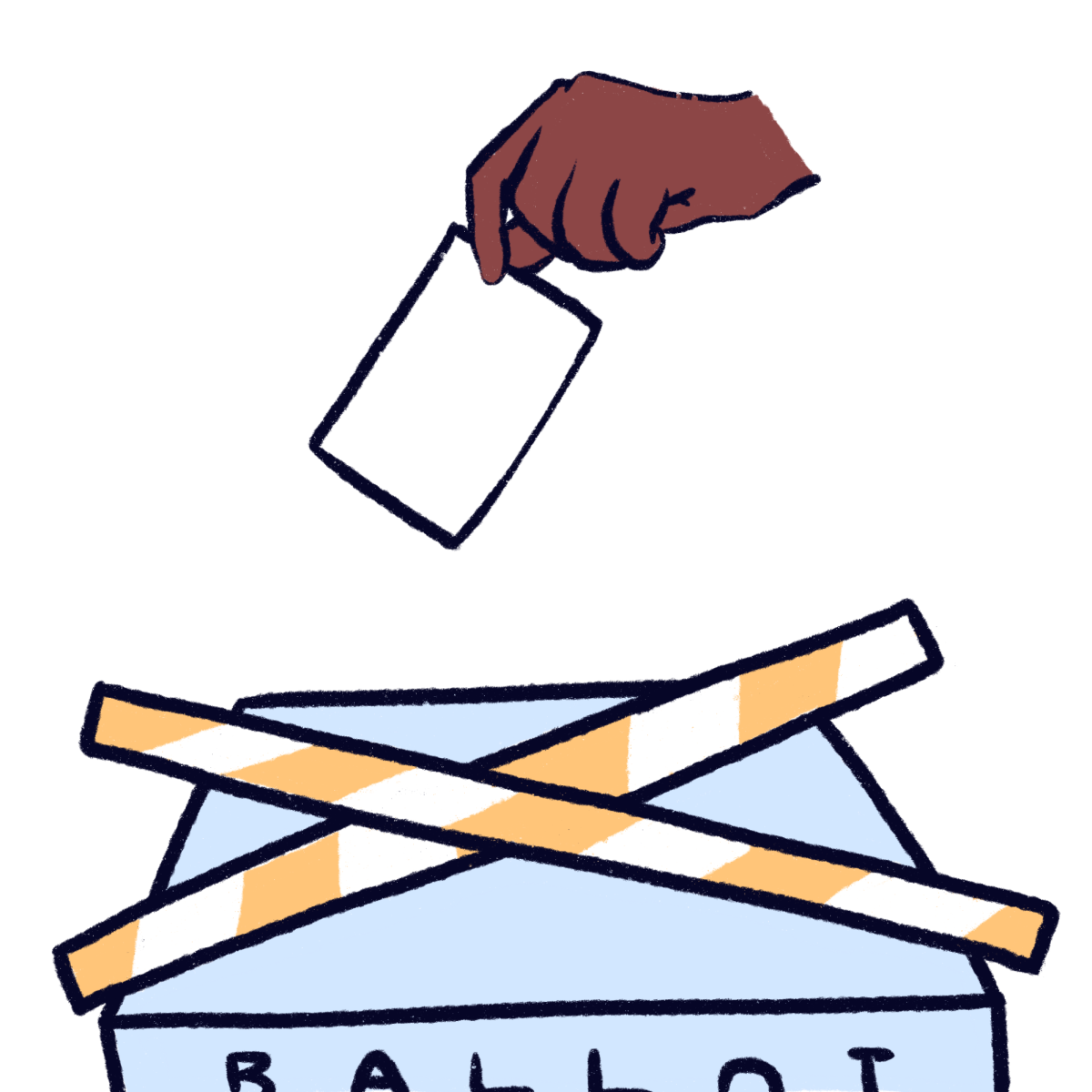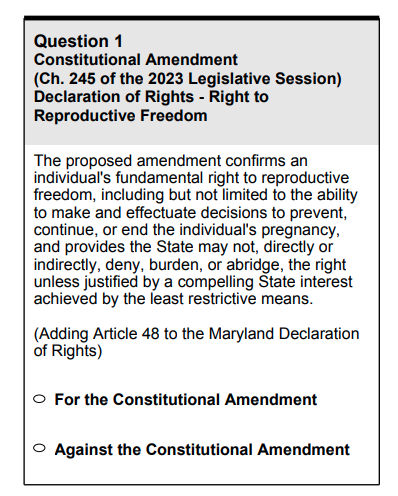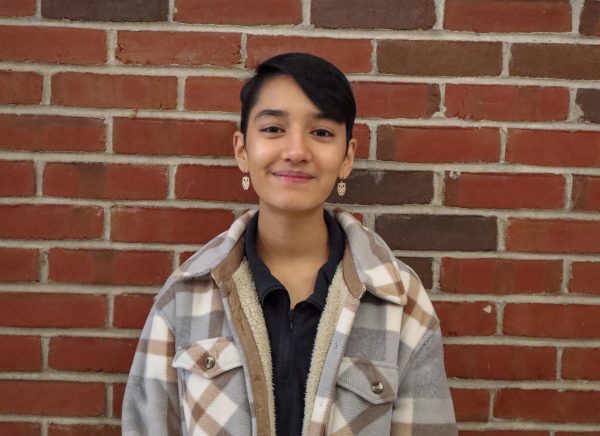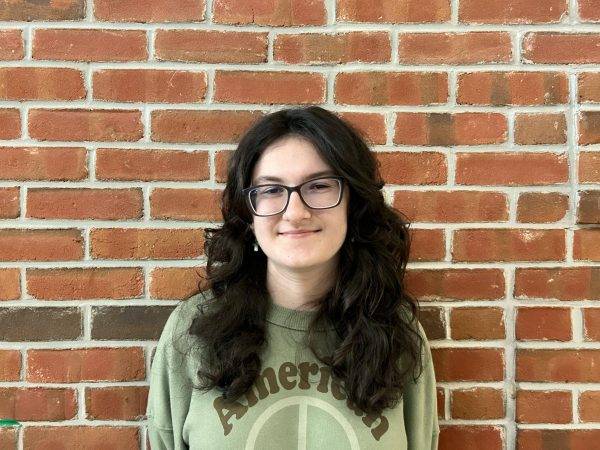In the United States, one in 36 students has autism, and it remains the largest disability represented in public education as stated by Autism Speaks. However, there are mounting concerns that special needs education is not where it should be in terms of accessibility and understanding.
Around 70 percent of autistic people experience some mental health conditions including depression and anxiety. As cited from a poll conducted by Autistica, 39 percent of people in the United States believe autistic people lack empathy, which is one of the many prevalent misconceptions circulated through media platforms. Across the country, autistic students face numerous social barriers due to unconscious biases.
The perceived difference between understanding and acceptance is a prominent facet of autistic students’ experiences at school.
Using inclusive language, supporting peers, and taking the time to listen to a friend’s situation can have a significant impact on autistic students’ well-being. Some students prefer to be referred to as an ‘autistic person’ rather than ‘a person with autism’; this is an example of identity-first, accepting language.
“Starting the use of the word neurodiverse is something that should become more widespread as the vast spectrum of neurodiversity includes every one of us,” science teacher Karl Kovacs said.
When teachers do not follow through or refuse to provide teaching accommodations—such as an IEP or 504—student learning is disrupted as some experience additional stress. A 504 plan ensures a student has fair access to all learning environments while an IEP provides direct services to students including speech therapy and occupational therapy.
“I have had to involve department heads and counselors to make said teachers provide my accommodations. I have also in general faced ignorance from staff and students about what autism and ADHD can actually look like,” sophomore Charlotte Snider said.
MCPS has a Free Appropriate Public Education plan in service to students in need of special education. The plan aims to support families and educators by preparing students for college and community readiness. Even so, implementing this plan has proven challenging for some students and educators.
“I understand that this can be challenging for some teachers…however, this speaks more to how the school system in general fails teachers, rather than why disabled students need to fight for their rights to have their accommodations executed,” Snider said.
MCPS is strained with a lack of school substitutes as well, amplifying concerns.
“In a time when MCPS must meet the needs of all students, there is a well known pressure being placed on all teachers and staff to fill-in or cover the gaps,” Dr. Kovacs said. “The students with special needs are impacted the most because there is an even greater shortage of special education teachers.”
In recent years, resources and training for teachers and counselors about bettering their approach to supporting neurodiverse students have been proposed.
“Currently, I’m working with the special education department of Montgomery County,” junior Jessica Wang said, founder and president of the MyNeuroCorner club at RM. “Over the summer, [the department] was planning for counselors to implement this professional development session where they would be trained on how to deal with neurodiverse students and how to send that out to teachers,” Wang said.
The status of these developments and future training remain unknown. Regardless, there are resources and means for students at RM to seek support and advocate.
“I believe that there needs to be much more of a focus on how to make education as a whole more suited to everyone…by doing things such as educating teachers on what teaching strategies they can use to make their lessons more accessible,” Snider said.
The MyNeuroCorner club is a safe space for students to share their experiences and advocate for these mounting concerns. To learn more about autism and how to advocate for other students, organizations such as Autism Speaks and the Montgomery County Public Schools Special Needs Department are also valuable resources.


